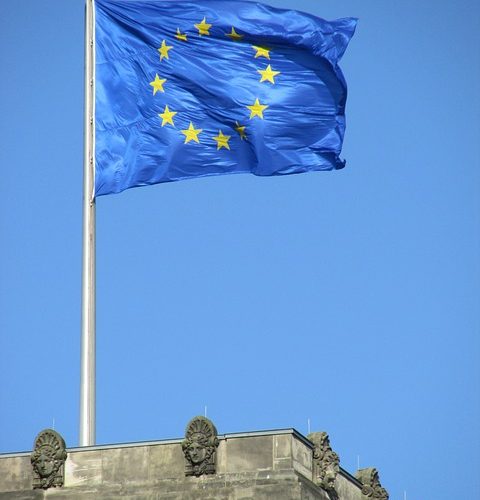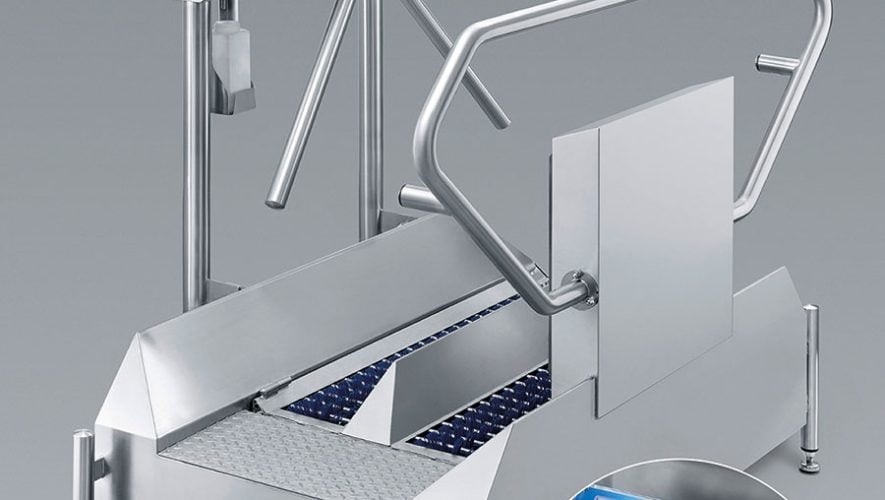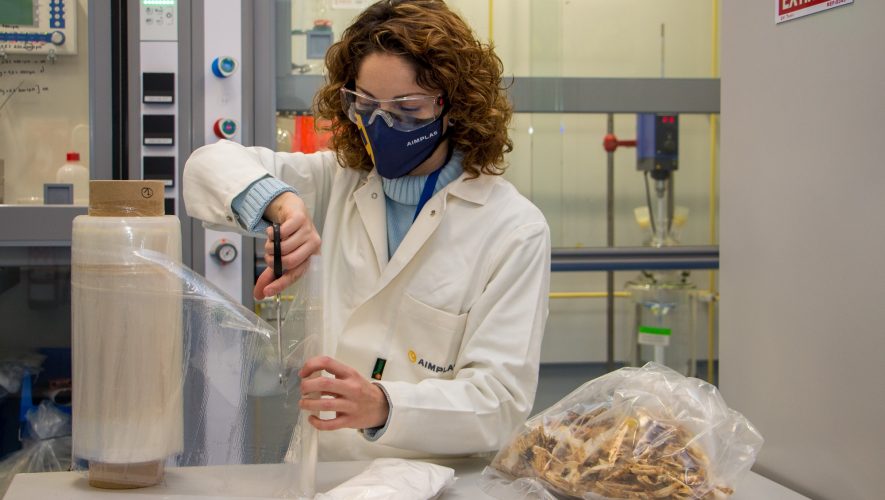European Bioplastics (EUBP) commends the European Parliament for recognizing the role of compostable plastics in achieving packaging waste prevention and reaching recycling targets.
EUBP welcomes a less prescriptive approach, such as the one adopted by the European Parliament in plenary session today, for the packaging formats where biobased and compostable plastics play an important role and will continue to do so.
“Today’s vote can be seen as a first step in allowing the EU to reach the goal of generating, at least, 20 % of the carbon used in chemicals and plastics from non-fossil sources by 2030”, says Roberto Ferrigno, Head of EU Affairs at EUBP. “However, the full potential is still not reached. We regret that the role of biobased plastics in achieving the targets of recycled content was not supported. EUBP believes biobased plastics can and will, if enabled, contribute to the transition towards a circular economy, by storing and repurposing carbon dioxide”, he elaborates.
In an increasingly competitive market, the persistent over-regulatory approach towards bioplastics puts at risk the further development of sustainable innovative packaging applications by slowing down necessary investments.
“EUBP calls on EU co-legislators to design and adopt a Packaging and Packaging Waste Regulation that allows for the further development of net-zero, biobased polymers production technologies as enablers to achieve the European Green Deal transformation”, concludes Hasso von Pogrell, Managing Director at EUBP.



